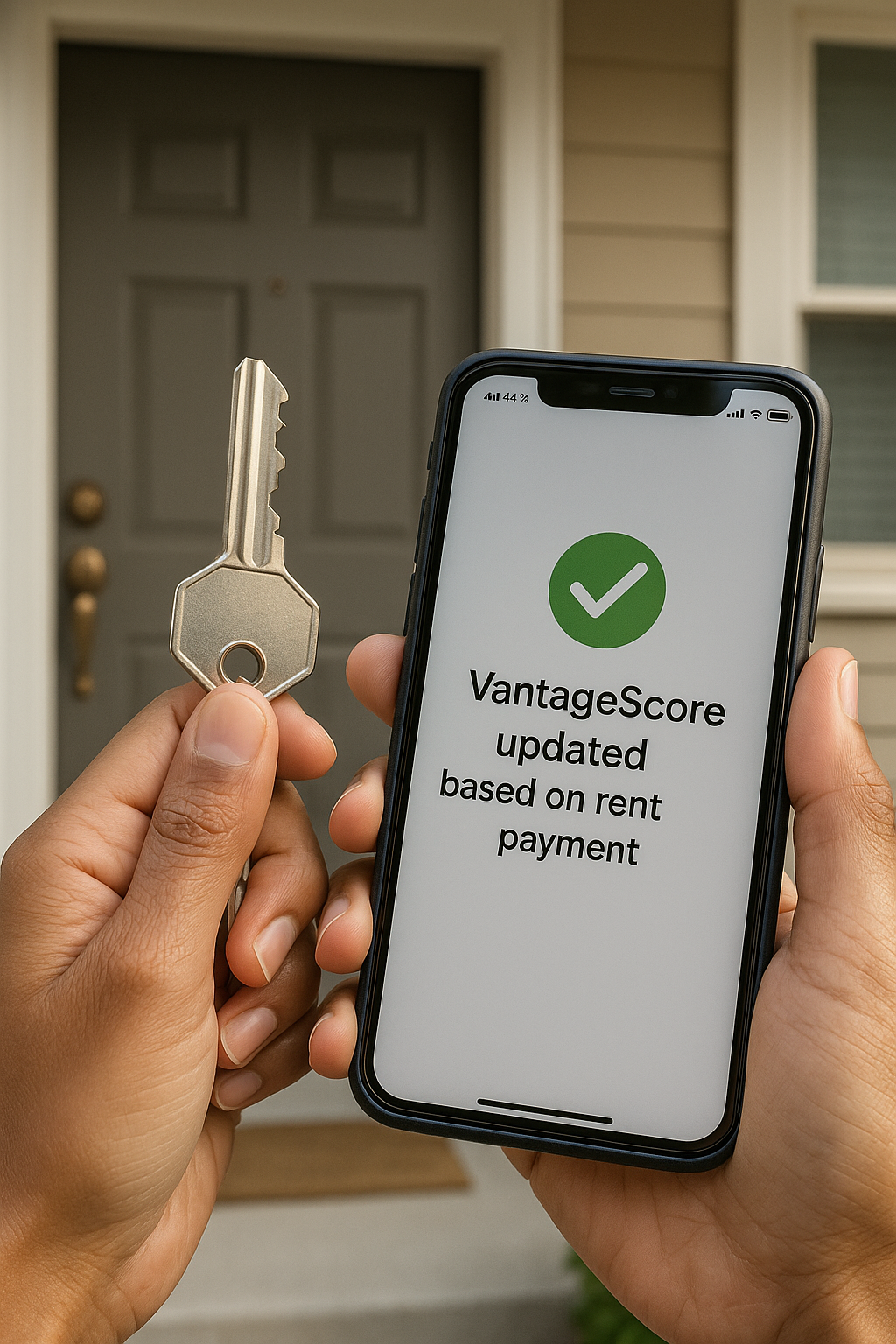
We often hear that it’s important to start saving as soon as possible, but the next question is: what should we be saving for, and how should we go about it? Saving money isn’t just about putting aside funds for emergencies; it’s also about planning for future goals and aspirations. Here are some reasons why saving is important and how you can approach starting your savings journey effectively:
Why Save?
When it comes to savings, think of it as an amount of money set aside for various purposes, such as:
- A Down Payment: Whether it’s for your first car or a future house, saving for a down payment is a significant goal that can make a big difference in your financial future.
- College or Living Expenses: Funds saved for college or to cover living expenses for a few months can provide financial security and reduce stress.
- A Fun Trip: Maybe you’re planning a trip with friends to Miami this summer or want to enjoy a vacation. Savings can help make these experiences more affordable.
- A Special Purchase: Saving up for something you’ve had your eye on, like a nice watch, is another valid reason to build up your savings.
There are countless reasons to save, from meeting short-term emergencies to achieving long-term goals. Whether you’re a young adult beginning your financial journey or a professional planning for retirement, savings will always be your best friend.
How Should You Save?
So, how should you save? Is it just through the savings account your parents opened for you, or are there more options? Absolutely! Here are some savings methods to consider:
- Savings Account: A basic savings account allows you to earn interest on your balance while keeping your money accessible. It’s ideal for emergency funds or short-term goals.
- High-Yield Savings Account: This type of account offers a higher interest rate than a regular savings account, helping your money grow faster. It’s great for both short-term savings and emergency funds.
- Certificate of Deposit (CD): A CD locks in your money for a fixed term and usually offers a higher interest rate than a standard savings account. This is a good option if you don’t need immediate access to your funds and want to earn more interest.
- FDIC-Insured Individual Retirement Accounts (IRAs) or 529 Plans: For long-term goals such as retirement or education, IRAs and 529 plans provide tax advantages and help your money grow over time.
- Securities (Stocks or Mutual Funds): Investing in stocks or mutual funds can offer higher returns, although they come with more risk. These options are suitable for long-term financial growth and can be managed through investment accounts with a broker-dealer.
Conclusion
Understanding the different types of savings accounts and investment options available can help you make informed decisions based on your goals and financial needs when starting your financial journey. Saving isn’t just about stashing away money—it’s about building a secure financial future and making your dreams achievable.
The key is to start saving as early as you can. With the right approach, your savings will become a powerful tool in helping you reach both your short-term and long-term goals. Click here to learn how to budget your savings!







